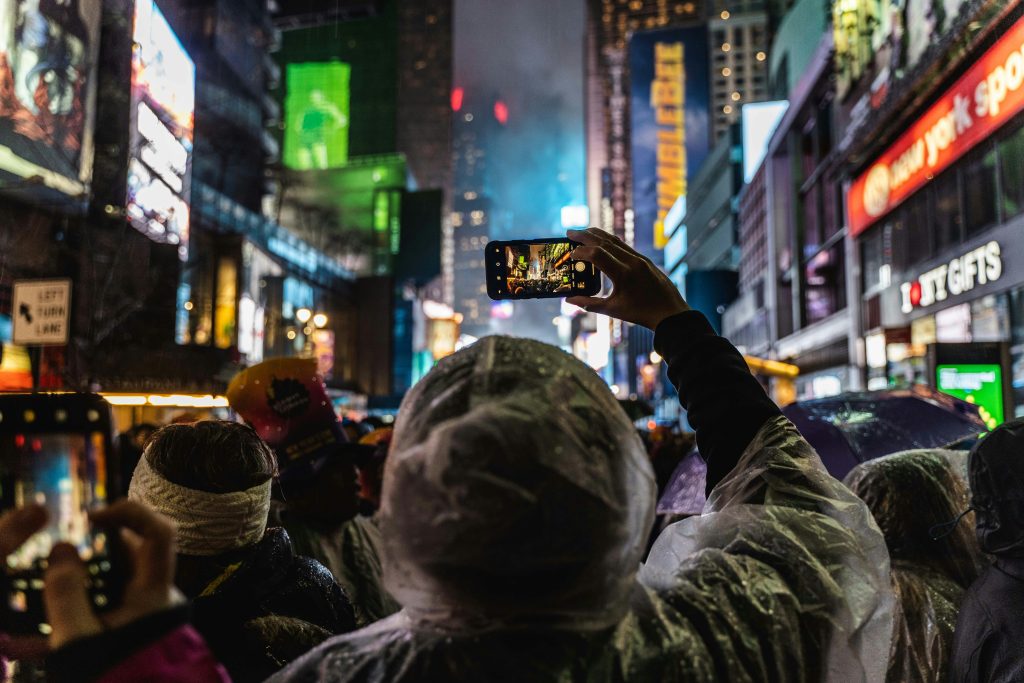In today’s hyperconnected world, social media is no longer just a platform for sharing photos or chatting with friends—it has evolved into a powerful force that shapes how we think, behave, and even perceive reality. By 2025, the influence of platforms like Instagram, TikTok, X (formerly Twitter), YouTube, and emerging AI-driven apps has become deeper than ever before. At Blogger Trends, we explore how these platforms are rewiring our psychology, the benefits they bring, and the challenges they create.
The Evolution of Social Media and Psychology
When Facebook first launched two decades ago, it was primarily a networking tool. Fast forward to 2025, and social media is powered by advanced algorithms, artificial intelligence, immersive augmented reality (AR), and personalized feeds that are designed to keep users engaged for as long as possible.
This constant digital presence has transformed social media into a psychological environment—one where our emotions, attention span, and mental well-being are constantly being shaped. Unlike traditional media, today’s platforms are interactive, making users not just consumers but also creators.
The Positive Side: Opportunities for Growth
While much attention is placed on the downsides of social media, there are undeniable benefits that shape our minds positively:
-
Community Building
Social media gives people a sense of belonging. From mental health support groups to niche hobby communities, platforms help users find like-minded individuals across the globe. -
Access to Knowledge
Short-form educational content has grown massively in 2025. Platforms like TikTok EDU and YouTube Learning are teaching millions everything from financial literacy to emotional well-being in digestible formats. -
Empowerment Through Self-Expression
Social media allows individuals to express their creativity, voice their opinions, and challenge social norms. This psychological empowerment can boost self-esteem when used healthily. -
Career & Business Growth
Influencer marketing and personal branding are now mainstream. People are turning their digital presence into thriving businesses, reshaping how we think about work and success.
The Dark Side: How Social Media Alters Our Minds
Despite its benefits, social media also manipulates core aspects of human psychology. In 2025, researchers highlight several concerning trends:
1. Shortened Attention Spans
With the rise of short-form videos (15–30 seconds), our brains are adapting to rapid dopamine hits. Many users find it harder to focus on long-form content, books, or tasks requiring patience.
2. Comparison and Mental Health Struggles
Constant exposure to curated lifestyles leads to toxic comparison. This “highlight reel effect” can trigger anxiety, depression, and feelings of inadequacy.
3. Addiction and Dopamine Loops
Social platforms are built to be addictive. Notifications, likes, and comments release dopamine, creating reward cycles that keep users coming back even when they intend to log off.
4. Polarization and Echo Chambers
Algorithms often show us content that matches our beliefs, creating echo chambers. This fuels polarization, reduces critical thinking, and sometimes leads to extreme viewpoints.
5. Body Image & Identity Issues
Filters, AI-enhanced avatars, and virtual identities create unrealistic beauty standards, especially among younger generations. Psychologists warn that this may lead to body dysmorphia and identity confusion.
The Role of AI in 2025
Artificial intelligence is now deeply integrated into social media. Personalized feeds, AI-generated influencers, and even AI-powered friends are influencing how we perceive relationships and reality. Some people rely more on AI companionship than human connection, reshaping social psychology in unexpected ways.
While AI can reduce loneliness and offer customized support, it also raises ethical questions: Are we losing touch with real-world relationships? How do we differentiate between human and machine influence?
Tips for Healthy Social Media Use
At Blogger Trends, we believe the key to thriving in 2025 is balance. Here are a few strategies to protect your mind:
-
Set Time Limits: Use in-app wellness tools to manage screen time.
-
Curate Your Feed: Follow accounts that inspire positivity and unfollow those that trigger negativity.
-
Practice Digital Detox: Take regular breaks from social media to reconnect with offline life.
-
Consume Mindfully: Question what you see and verify facts before believing or sharing.
-
Engage Authentically: Use social media to build meaningful connections, not just for validation.
The Future: Where Do We Go From Here?
As technology advances, the line between digital and real life will continue to blur. Virtual reality hangouts, AI-powered influencers, and more personalized content will further shape our psychology. The challenge lies in balancing innovation with mental well-being.
In the years ahead, social media will remain both a tool of empowerment and a source of vulnerability. Our responsibility is to use it consciously—transforming it into a force for education, creativity, and connection rather than anxiety and distraction.
Conclusion
Social media in 2025 is a mirror of human psychology—reflecting our desires, fears, and aspirations. It shapes how we think, what we value, and even who we believe we are. While it offers unparalleled opportunities for learning, networking, and self-expression, it also poses risks that require awareness and balance.
At Blogger Trends, we encourage readers to embrace the positive side of social media while guarding against its psychological traps. After all, the power lies not in the platform but in how we choose to use it.
FAQs
Q1: How does social media affect mental health in 2025?
Social media impacts mental health through comparison, overuse, and dopamine-driven habits. However, when used consciously, it can also provide support communities and educational benefits.
Q2: Can social media improve psychological well-being?
Yes. By connecting with supportive groups, accessing educational content, and expressing creativity, users can improve self-esteem and mental resilience.
Q3: What role does AI play in shaping our minds through social media?
AI algorithms determine what content we see, while AI-generated influencers and companions are blurring lines between real and digital relationships. This deeply affects human psychology and perception.
Q4: How can I protect myself from social media’s negative effects?
Limit usage, curate your feed, take digital detoxes, and engage authentically. Being mindful of what you consume can protect your mental health.
Q5: What’s the future of social media psychology?
Future platforms will become more immersive with AR and AI. The challenge will be maintaining authentic human connection and psychological balance in an increasingly digital world.
 Bloggers Trend Keeping You Up To Date
Bloggers Trend Keeping You Up To Date



